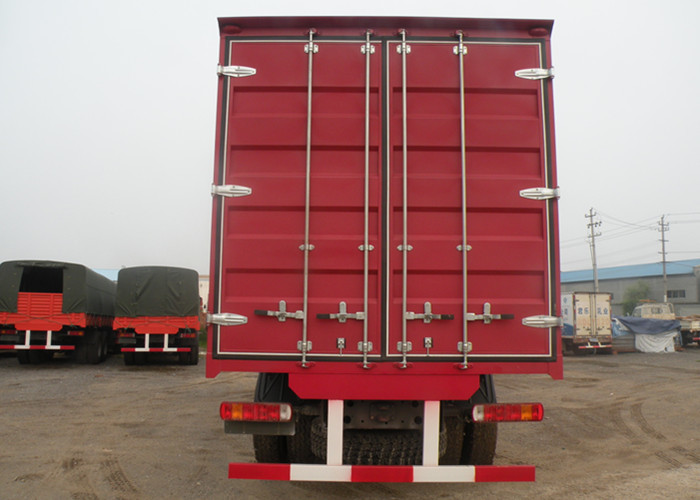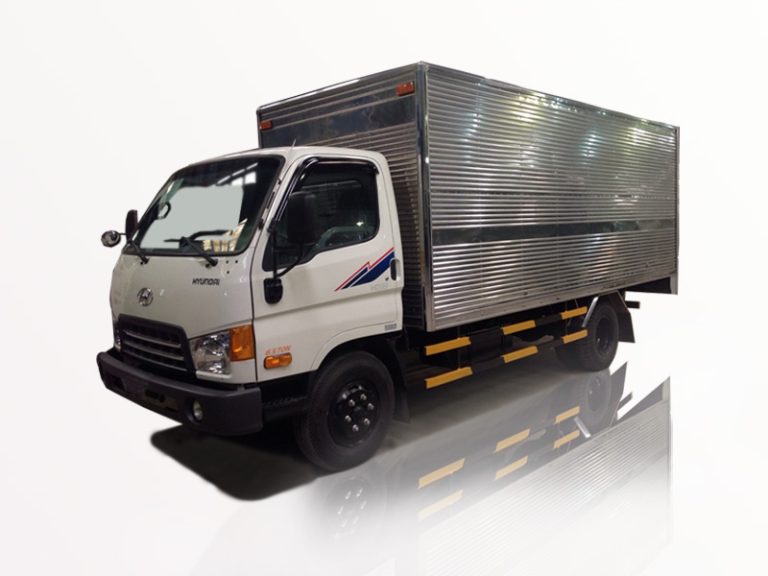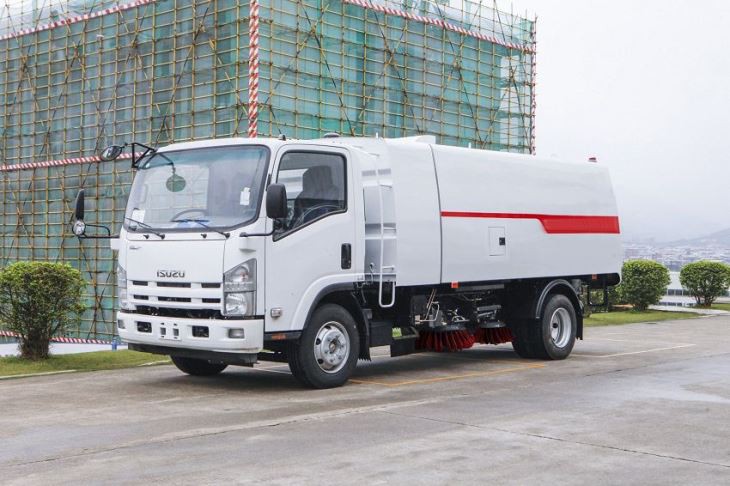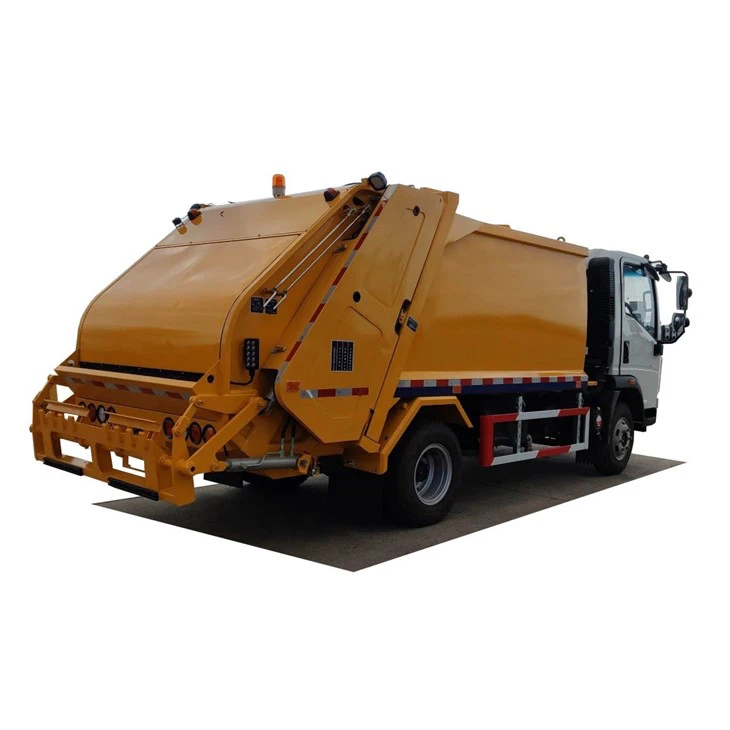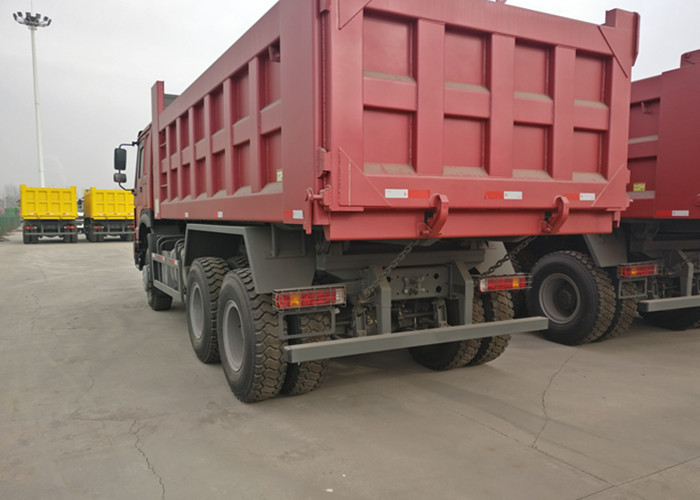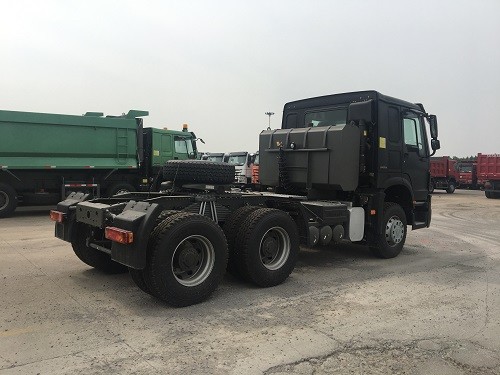Maintaining ready mix trucks is crucial for ensuring their longevity, performance, and safety. This comprehensive guide will delve into various aspects of ready mix truck maintenance, providing you with practical tips, maintenance schedules, and more to keep your fleet in top condition.
Understanding Ready Mix Trucks
Ready mix trucks are specialized vehicles designed for transporting concrete from production plants to construction sites. Their unique drum configuration allows for continuous mixing, ensuring that the concrete remains workable until it reaches the point of discharge. Understanding the components of these trucks is fundamental for effective maintenance.
Components of a Ready Mix Truck
- Concrete Mixer Drum: The primary component that mixes the concrete.
- Chassis: The truck’s frame, which houses the engine and other key components.
- Discharge Chute: Used for pouring the concrete on the site.
- Water Tank: Supplies water to adjust the concrete’s consistency.
- Hydraulic System: Powers the drum rotation and discharge mechanisms.
The Importance of Regular Maintenance
Regular maintenance is essential for maximizing the lifespan of ready mix trucks. Neglecting maintenance can lead to unexpected breakdowns, costly repairs, and safety hazards for operators and construction site personnel.
Benefits of Routine Maintenance
- Increased Reliability: Regular checks can prevent breakdowns.
- Enhanced Safety: Proper maintenance reduces the risk of accidents.
- Cost Savings: Identifying issues early can save money on extensive repairs.
- Better Fuel Efficiency: Well-maintained trucks consume less fuel.
Maintenance Checklist for Ready Mix Trucks
Implementing a structured maintenance checklist can streamline the maintenance process. Below is a comprehensive maintenance checklist segmented by frequency.
Daily Maintenance Tasks
- Fluid Levels: Check engine oil, coolant, and hydraulic fluid levels.
- Tire Pressure: Inspect tire pressure and tread condition.
- Brakes: Ensure brakes are functioning correctly.
- Mixer Operation: Test the mixer drum for proper operation.
Weekly Maintenance Tasks
- Visual Inspection: Conduct a thorough visual inspection for leaks or abnormalities.
- Battery Condition: Check battery terminals and load test if necessary.
- Wiper Blades: Inspect and replace if worn.
Monthly Maintenance Tasks
- Filter Changes: Replace air, oil, and fuel filters.
- Brake Inspection: Inspect brake pads and rotors.
- Hoses and Belts: Check for wear and replace as needed.
Annual Maintenance Tasks
- Comprehensive Inspection: Hire a professional to conduct an in-depth inspection.
- Transmission Fluid: Change the transmission fluid and filter.
- Paint and Body Check: Inspect and touch up paint to prevent rust.
Common Issues and Troubleshooting Tips
Even with regular maintenance, issues might arise. Here are some common problems and troubleshooting tips.
Drum Not Turning Properly
If the drum is not rotating, it could cause concrete to harden within the drum. Check:
- Hydraulic fluid levels.
- Hydraulic pump functionality.
- Hoses for leaks or blockages.
Brake Problems
Brake issues can severely compromise safety. Here’s what to look for:
- Worn brake pads.
- Low brake fluid levels.
- Check for air in the brake lines.
Fuel Efficiency Problems
Decreased fuel efficiency may indicate maintenance issues:
- Check for clogged air filters.
- Inspect tires for proper inflation.
- Ensure that the engine is tuned up correctly.
Best Practices for Maintaining Ready Mix Trucks
Adopting best practices enhances maintenance efficiency and prolongs the life of your fleet. Here are some effective strategies:
Train Operators
Investing in training for operators can significantly improve maintenance practices. Operators should understand:
- The importance of reporting issues promptly.
- How to perform daily checks.
- Basic troubleshooting techniques.
Record Keeping
Maintain detailed records of all maintenance performed, including:
- Date and nature of the service.
- Parts replaced.
- Any observed issues or recommendations.
Table: Maintenance Log Example
| Date | Service Performed | Parts Replaced | Notes |
|---|---|---|---|
| 01/15/2023 | Oil Change | Oil Filter | Routine maintenance |
| 02/10/2023 | Tire Rotation | None | Tires wearing evenly |
Investing in Quality Parts
Using high-quality parts during maintenance or repairs is vital. They often last longer and perform better, which can reduce future maintenance costs.
Choosing Reliable Suppliers
- Research reviews of suppliers.
- Request warranties for parts.
- Compare prices but prioritize quality over cost.
Environmental Considerations in Maintenance
Ready mix truck maintenance should also account for environmental impacts. Proper disposal of fluids and materials is critical to avoid contamination.
Fluid Disposal Guidelines
Follow local regulations regarding the disposal of:
- Engine oil.
- Hydraulic fluids.
- Old filters.
Industry Regulations and Compliance
Staying compliant with industry regulations ensures both safety and legality. Familiarize yourself with:
DOT Regulations
The Department of Transportation (DOT) requires regular inspections and maintenance records to be kept. Ensure that:
- Inspections are performed at required intervals.
- All reports are documented and accessible.
FAQ Section
1. How often should ready mix trucks be maintained?
Maintenance should occur daily for basic checks, weekly for visual inspections, monthly for filter changes, and annually for comprehensive inspections.
2. What are the key components to check during maintenance?
Focus on fluid levels, tire condition, brakes, hydraulic systems, and the mixer drum functionality.
3. What are the signs of a hydraulic system failure?
Common signs include a slow-moving drum, difficulty in discharging concrete, and fluid leaks around the hydraulic system.
4. Can operators perform maintenance checks?
Yes, operators should be trained to perform basic maintenance checks and report any issues.
5. How do I choose the right parts for my ready mix truck?
Select high-quality parts from reliable suppliers with good reviews and warranty options.
6. Why is proper fluid disposal important?
Improper disposal can lead to environmental contamination and legal issues. Always follow local regulations for disposing of vehicle fluids.
